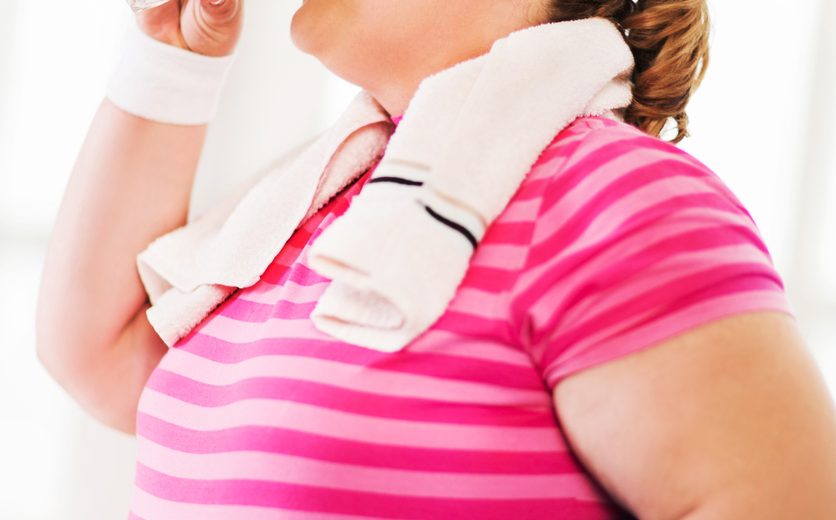How Hydration Will Boost Your Metabolism and Promote Weight Loss

The Importance of Hydration for Weight Loss
By Lisa Deguzman
When trying to slim down and lose weight, people often overlook how much or how little fluid they consume. The body’s need for hydration is an integral part of successful weight loss and maintenance. Our bodies are composed of approximately 75% water depending on our age, gender and body type. Without proper hydration, healthy body functions cannot run optimally.
The role of water in burning calories
The process of burning calories requires an adequate supply of water in order to function efficiently. Burning calories creates toxins. In order to flush them out, we need an adequate supply of water in our bodies.
- An average of 16oz of water per day goes into respiration.
- 16oz is part of invisible perspiration and even more is utilized if you are sweating.
- 48oz of water is used through elimination.
For all of this to occur efficiently, we need water to be readily available. The following processes will also happen in your body, causing you to effectively loss weight:
Boosting liver metabolism.
If all bodily functions occur efficiently, your metabolic rate will also be efficient. This will result in a higher calorie burn. When you are dehydrated, your body will work overtime. Your heart rate increases and your kidneys begin to slow down.
Kidneys require a large amount of water. If they are unable to work efficiently, it creates more work for your liver to clear the built-up toxins. The liver is able to metabolize fat (turn fat into energy). But each minute your liver is working on removing toxins (or doing the job of the kidneys), is one less minute that it is burning stored fat.
Breaking down fat in the body.
When your body does not have a good supply of water to perform physiological tasks, it will draw water from inside the cells, including fat cells. Any fat stores that are drawn on for water are less likely to be mobilized and burned off as energy. This results in increases in fat stores over time if you remain in a constant state of under hydration.
Minimizing water retention.
The body is very efficient at survival. If we don’t get enough food, the body’s metabolism slows down to retain every calorie. If the body is not getting enough heat, the vessels will constrict to shunt the blood and keep your core warm.
Your cells have the same survival mechanism in place. If your cells sense that their water supply is inadequate, they will desperately hold onto the water they have.
When there is a consistent and constant supply of water, your cells won’t go into “deprivation mode”. Thus, they will release excess water as it comes in. No stored water results in less bloat and less water weight.
Boosting energy levels.
Inadequate water intake can make you
- Feel fatigue,
- Have decreased concentration,
- Experience emotional imbalances,
- Suffer from a feeling of malaise.
Dehydration also causes a reduction in blood volume. If your blood volume is reduced, your muscles will have less oxygen getting to them. Decreased oxygen can result in feeling tired. And if you are not feeling good, you are less likely to make good dietary decisions. You are also less likely to exercise, which greatly contributes to calorie burn.
Maintaining muscle health.
Water will help you to maintain muscle tone, and assist the muscles in their ability to contract. It will also keep your joints lubricated. Good muscle tone and lubrication lead to better results when exercising.
How much water should you drink to boost your metabolism?
That depends on the several factors such as:
- You must consider your level of activity, the temperature, and the humidity of your environment.
- What you eat and drink also plays a role in your water needs. If you eat foods high in fiber you will need to drink more water. On the other hand, if your diet is high in water-rich foods, including fruit and vegetables, you will need less water.
- Fluids such as coffee and tea that contain caffeine will negatively affect your hydration. A good rule of thumb is that for every caffeinated beverage you consume; consume one decaffeinated beverage of equal volume.
As you see, without proper hydration, optimal weight loss cannot be achieved. Hydration should begin when you wake up and end before you go to sleep. In the time it took you to read this article, you should have consumed at least 1oz of fluid, so it you didn’t… drink up!!












